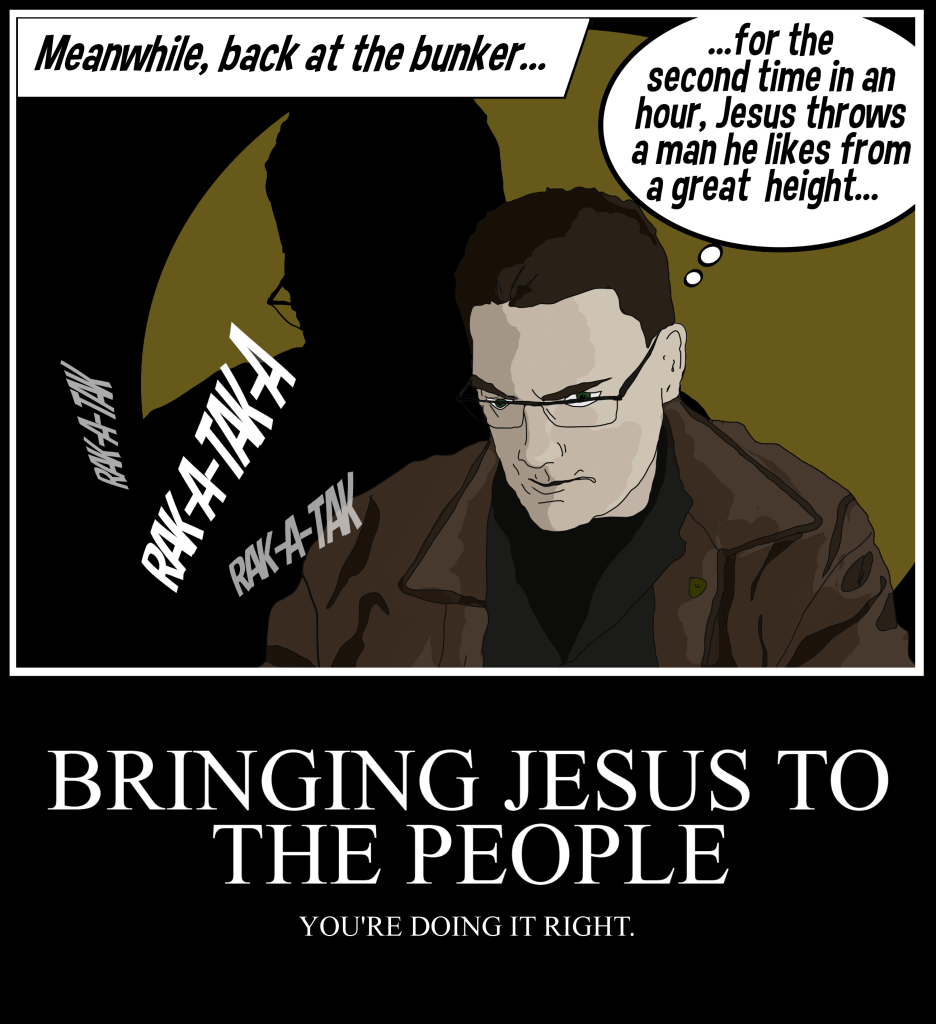As I’ve mentioned on Facebook, it seems whoever’s in charge has decided that it’s okay to spoil Game of Thrones immediately. I’m now hypersensitive to the problem of spoilers so, though I won’t get into great detail on the movie Transcendence, I’m going to tell you up front that I plan to spoil it. Perhaps enjoy this review more like a Slate Spoiler Special (a review of a movie you’ve already seen, not one you plan to see.)
So, straight to the problem with Transcendence:
It’s based on a paranoia that is never supported and the stakes are all wrong.
If the very foundation of the film wasn’t immensely flawed, it wouldn’t have been a bad show. I like Johnny Depp. He’s good in this in that he says his lines and doesn’t walk into furniture. (He hardly does any walking at all since mostly he’s on screen and percolating through the net. They sure didn’t give him much to work with in the script.
Sadly, Morgan Freeman plays the dumbest character he has ever played. Here’s the deal: Download a brilliant, dying scientist’s mind into a computer. The photocopy of his consciousness might not be entirely him, but there’s no evidence it isn’t all him.
We’re supposed to be worried it isn’t all Johnny and it might be PINN, the autonomous computer that MIGHT DESTROY THE HUMAN RACE! Except we barely meet PINN before the scientist gets on PINN’s hard drive and there is no sense of menace. PINN isn’t HAL in 2001: A Space Odyssey. It’s as innocuous as Microsoft Word’s paperclip character that popped up to ask, “It look like you’re typing a letter. Can I help?” PINN will open the pod bay door and won’t keep you out of the airlock, Dave, so relax.
Anyway, the ghost in the machine (i.e. Johnny’s character of Will Caster) embraces solar power and starts making the blind see, saving lives and doing good everywhere.
Morgan’s character’s answer to all this good news? A note that tells the dead guy’s wife to run away because…um…well…hm. Because paranoia! Because freedom! Because your dead husband is down in the basement curing cancer with nanotechnology that could save us all! What a jerk!
Making the people he cures of terrible diseases into a slave army (part-time) was supposed to alarm us. However, if the doctor said, “I’m curing your blindness for free but I get to run around in your body, as needed, maybe 10- 20% of the time,” I’d say, “Sure! Thanks! Better than being a debt slave for the rest of my life. That’s a fair exchange! Bring on the nano-tech!”
Skip to the death scene
Dying wife looks up at dying husband (again) and says, “It’s you.”
Meaning: You aren’t the monster we feared.
He answers, “Always was.”
Meaning: I was always Jesus. You’ve killed me again and learned nothing in over 2000 years.
She smiles.
She smiles!? No! She should not be smiling. She should be weeping and begging forgiveness, not only from her dead husband/computer program, but from the human race.
Ah. The human race. What did we win in the end?
Pain. Disease. Weakness. Congratulations, humans! You had a shot at long, healthy lives and hope for the future but you weren’t worthy of the gift. You “win”, ya big dopes! That’s what anti-intellectualism and paranoia and fear of new things gets you. I’d call it a life lesson, but your lives are so short and miserable, who cares? Sure, science guy healed the planet a bit in the end, but we still die hooked up to machines. Whee! We win!
Transcendence needed a lesson from Lawn Mower Man. You don’t make a guy a beneficent god and bring him down. You transform him into a mad, evil god and then you bring him down. Bring down monsters or we’re all doofuses.
And that non sequitur little tag of an ending, so full of nonsense and obfuscation?
I wonder if studio suit thought, Add in some hope for the husband and wife at the end, despite the fact that the anti-virus worked everywhere else. Sure. If we confuse the audience with a vague ending, maybe they’ll forgive us the rest.
We won’t forgive. The point of the movie is, we won’t. We aren’t worthy and we don’t cut anybody else any slack, either.
Like this:
Like Loading...




